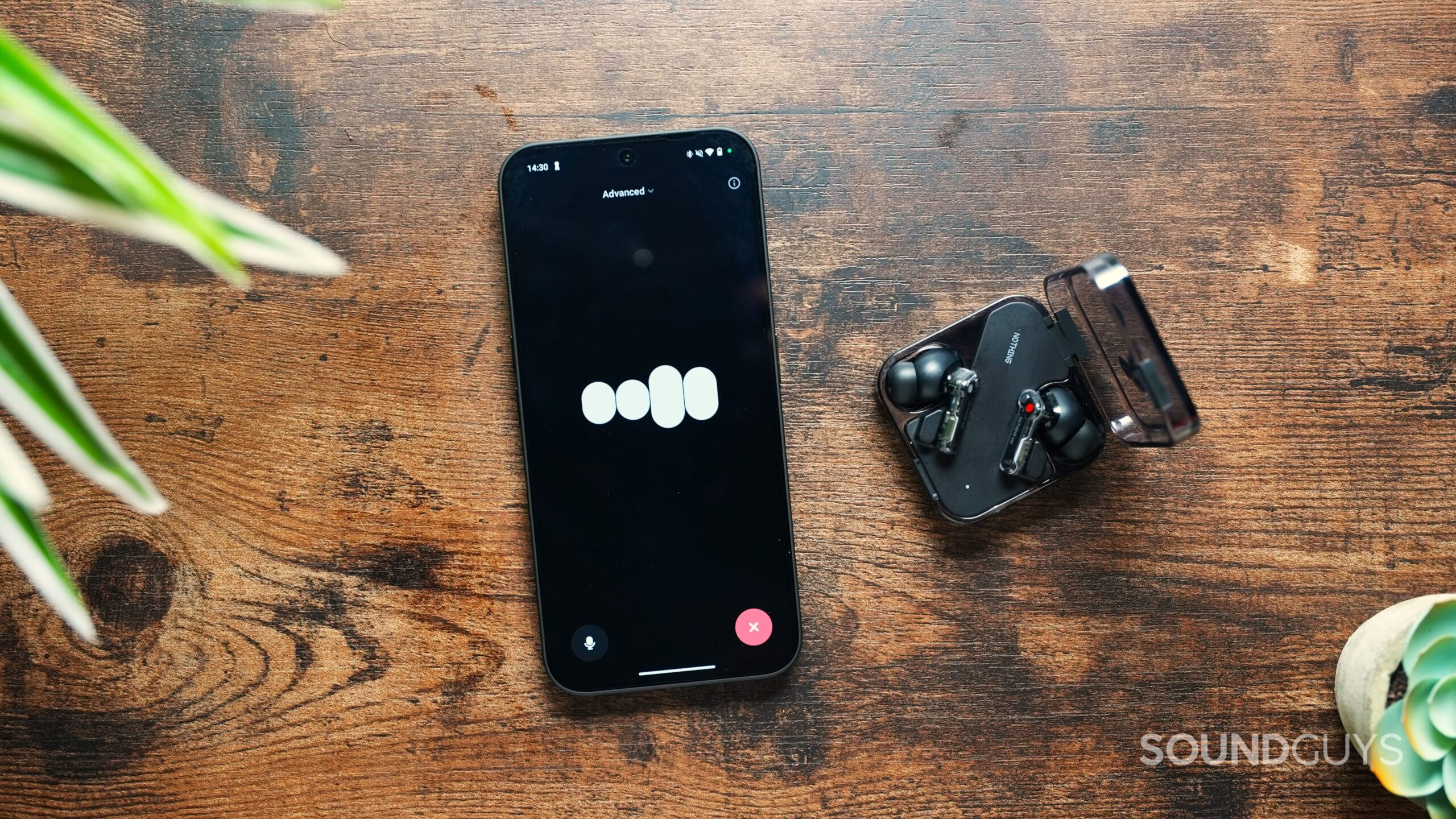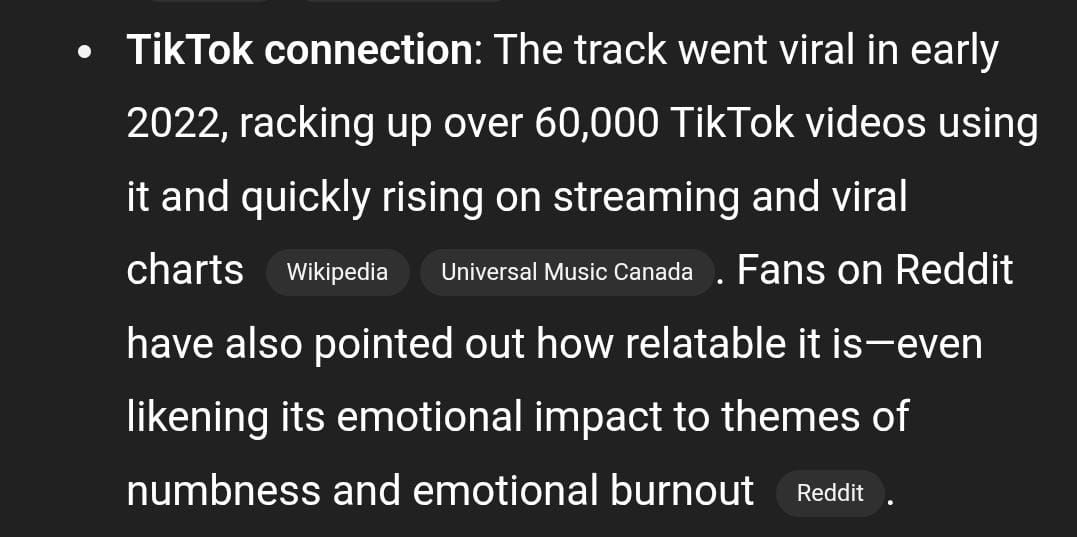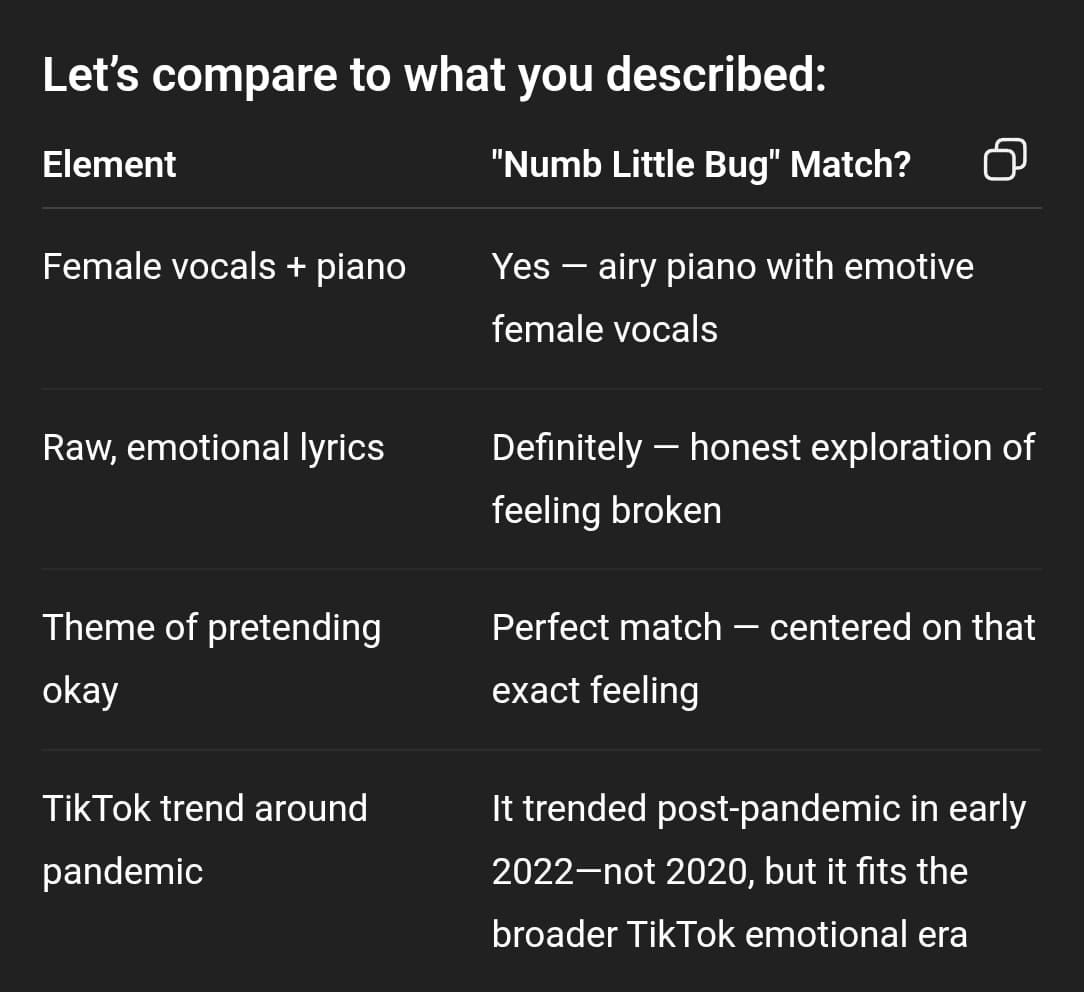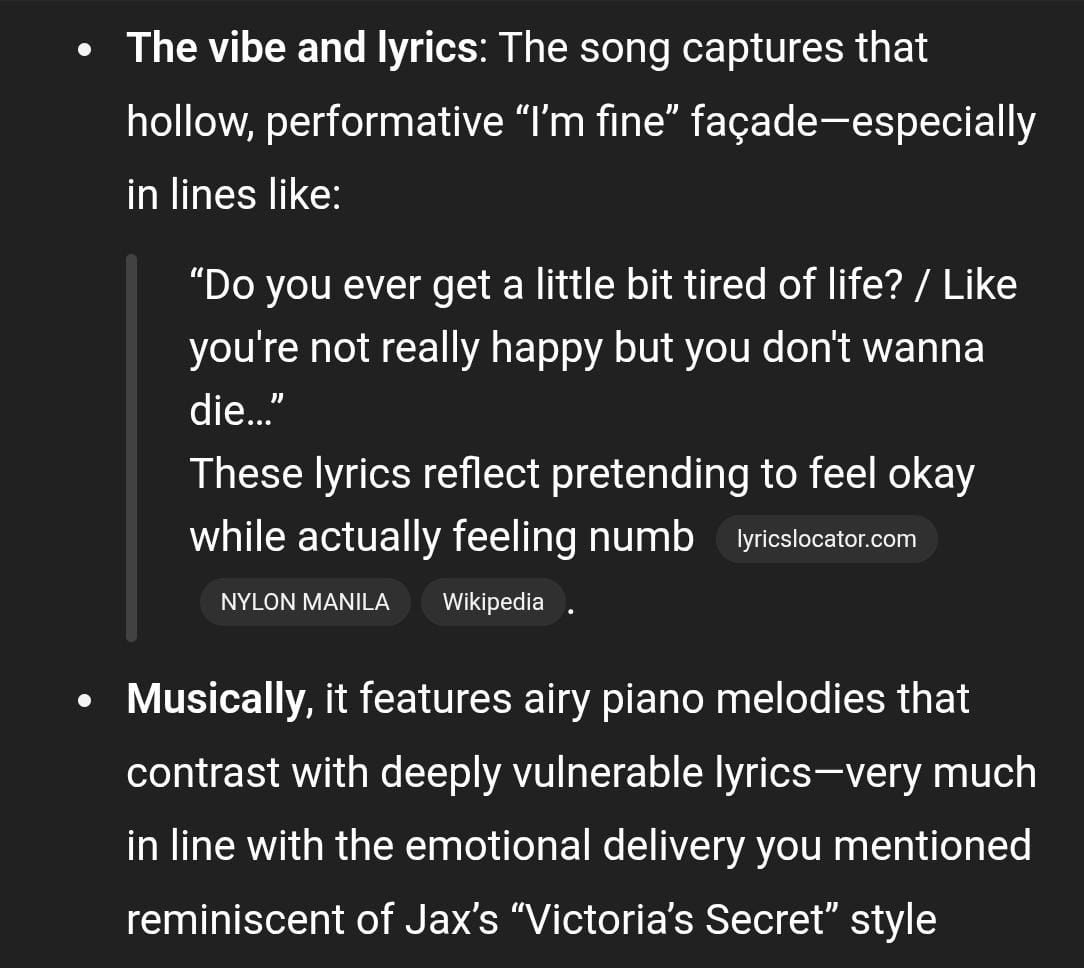Developer Offer
Try ImaginePro API with 50 Free Credits
Build and ship AI-powered visuals with Midjourney, Flux, and more — free credits refresh every month.
How ChatGPT Found A Song Shazam Could Not

We've all been there: a song is playing on a loop in your mind, the melody is crystal clear, but the title is agonizingly out of reach. In these moments, we usually turn to apps like Shazam or SoundHound to solve the mystery. But what happens when the digital detectives come up empty-handed? I recently found myself in this exact situation, and the solution came from a very unexpected place.
The Frustration of a Failed Search
For hours, my girlfriend was haunted by an earworm. She could recall the rhythm and the emotional tone of the chorus, but the lyrics were a complete blur. We did what anyone would do: we hummed, sang, and whistled into SoundHound and Shazam, hoping for a match. The result? Nothing. The very apps designed for this purpose were failing us.
When traditional music recognition apps failed, I turned to AI.
Traditional apps work by using audio fingerprinting—they analyze the sound you provide and search for a matching signature in their databases. This is incredibly effective when you have a clean audio snippet, but it can fall short if your humming is slightly off-key or the song is too obscure.
A New Approach: Describing the Song to ChatGPT
With our primary options exhausted, we decided to try something different. We turned to ChatGPT, not to listen, but to understand. Instead of feeding it a melody, we described our fragmented memories of the song.
We started simple: "Female vocals with piano." Then, we added more layers and context. We described the song's theme of feeling disconnected and pretending everything is fine. We also remembered a crucial piece of context: the song was a viral trend around early 2022, right after the pandemic.

ChatGPT didn't just take our clues; it started a dialogue. It connected the musical style, lyrical themes, and cultural timeline we provided. It synthesized our description of an "airy piano with emotive female vocals," the feeling of "pretending okay," and its link to a TikTok trend into a concrete suggestion.
The Big Reveal: AI Cracks the Code
After a brief exchange, ChatGPT presented its top candidate: "Numb Little Bug" by Em Beihold.
The moment we read the lyrics, we knew it was a perfect match. Lines like, "Do you ever get a little bit tired of life? / Like you’re not really happy but you don’t wanna die," perfectly captured the feeling my girlfriend remembered.

Why Context Is More Powerful Than Audio
This experience highlighted something fundamental about how we connect with music. Songs aren't just audio files; they are emotional experiences linked to specific times and feelings in our lives. While Shazam and SoundHound are masters of matching sound, they can't grasp the rich context that we associate with a song.

ChatGPT succeeded because it understood themes of "emotional numbness," the cultural timing of post-pandemic TikTok trends, and musical traits like being piano-driven. This holistic, conversational approach to identification feels like the future.
While audio recognition will always be essential for identifying a song playing in a café, AI that can understand how we remember music offers incredible value. Imagine a future tool that combines both: the precision of audio fingerprinting with the contextual intelligence of an AI. You could tell it, "Find the song with the upbeat guitar I heard at a party last year," and it would have a real chance of finding it.
What about you? Have you ever used an AI chatbot to track down a song that other apps couldn't find? Share your toughest song identification stories in the comments below!
Compare Plans & Pricing
Find the plan that matches your workload and unlock full access to ImaginePro.
| Plan | Price | Highlights |
|---|---|---|
| Standard | $8 / month |
|
| Premium | $20 / month |
|
Need custom terms? Talk to us to tailor credits, rate limits, or deployment options.
View All Pricing Details

